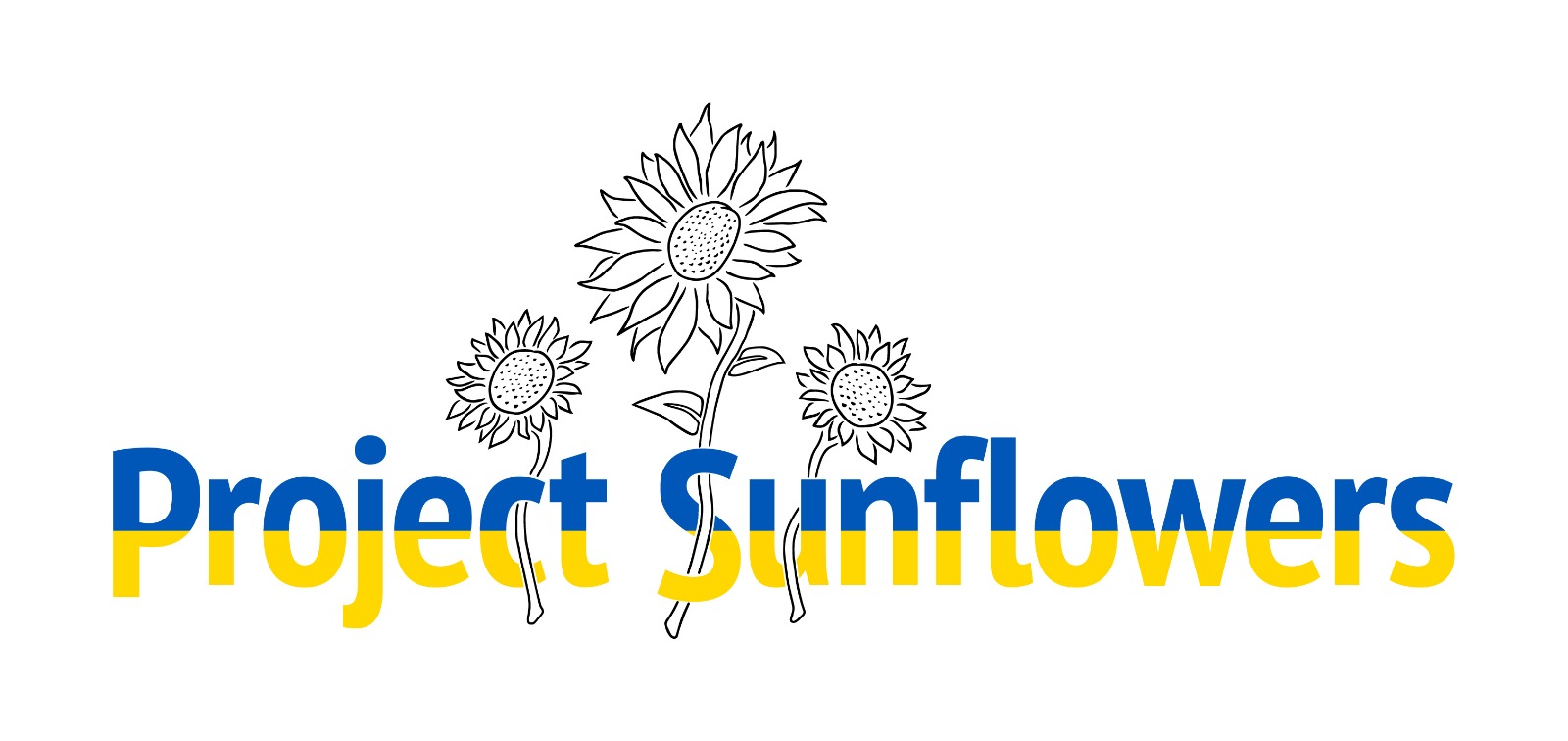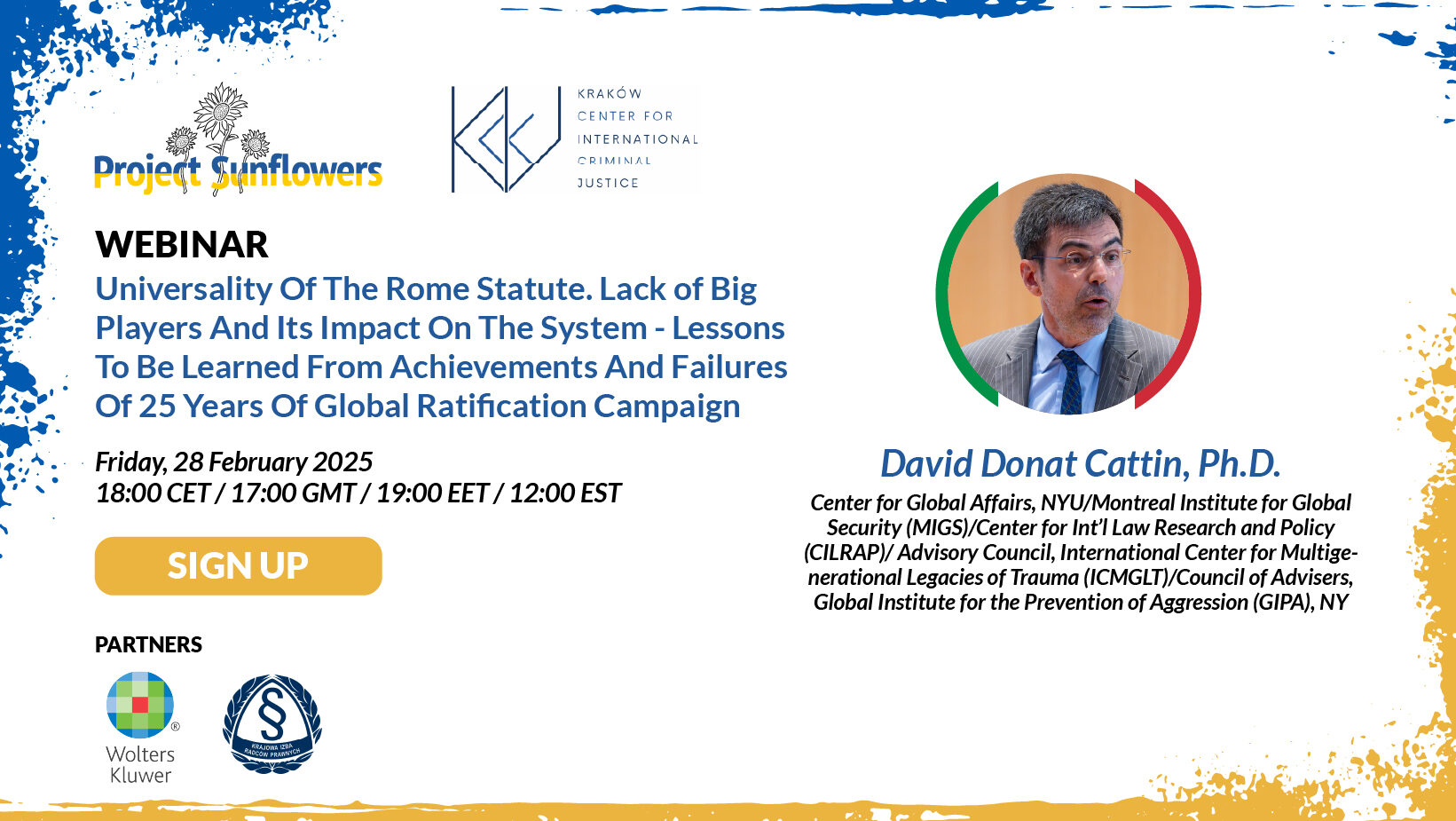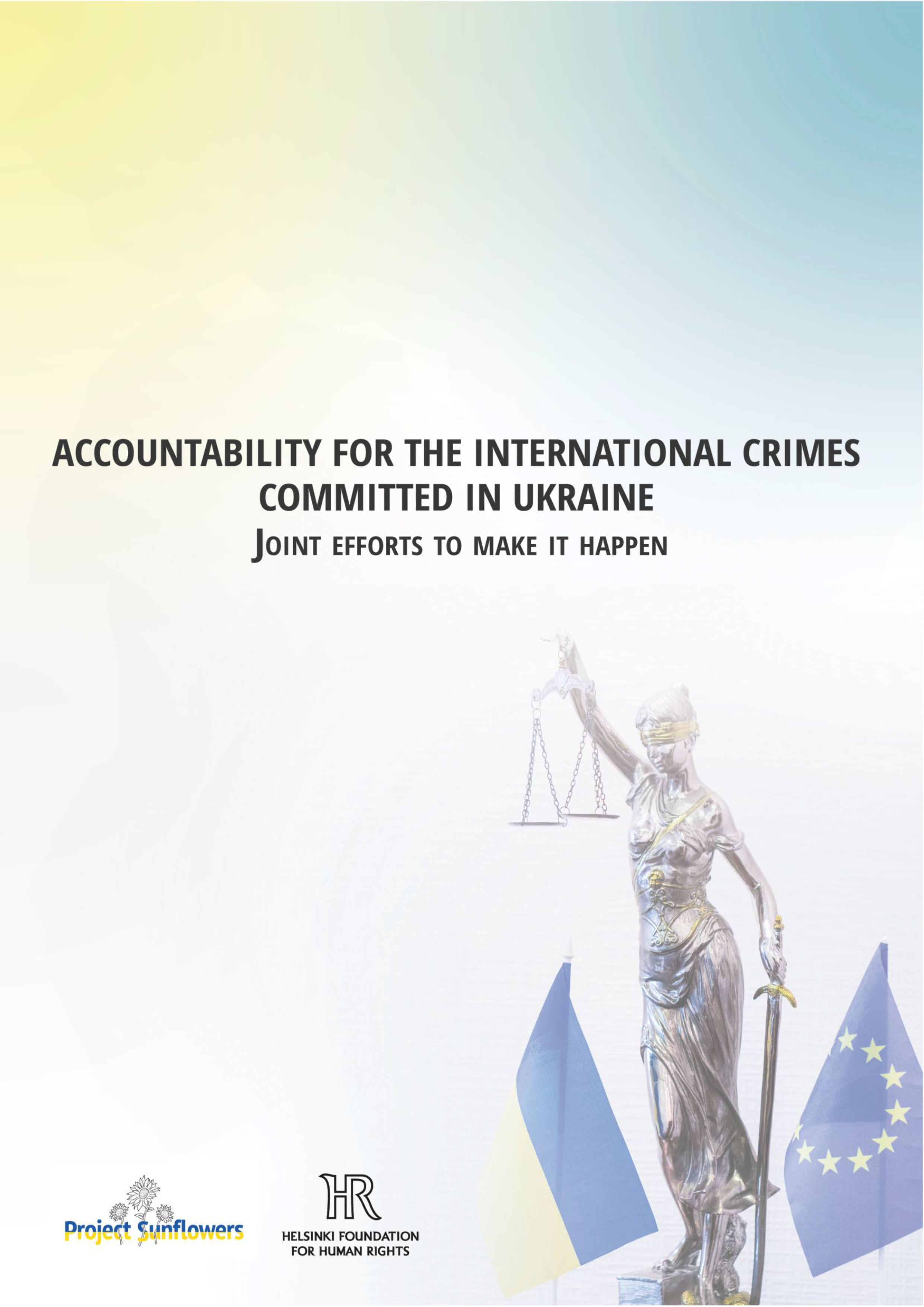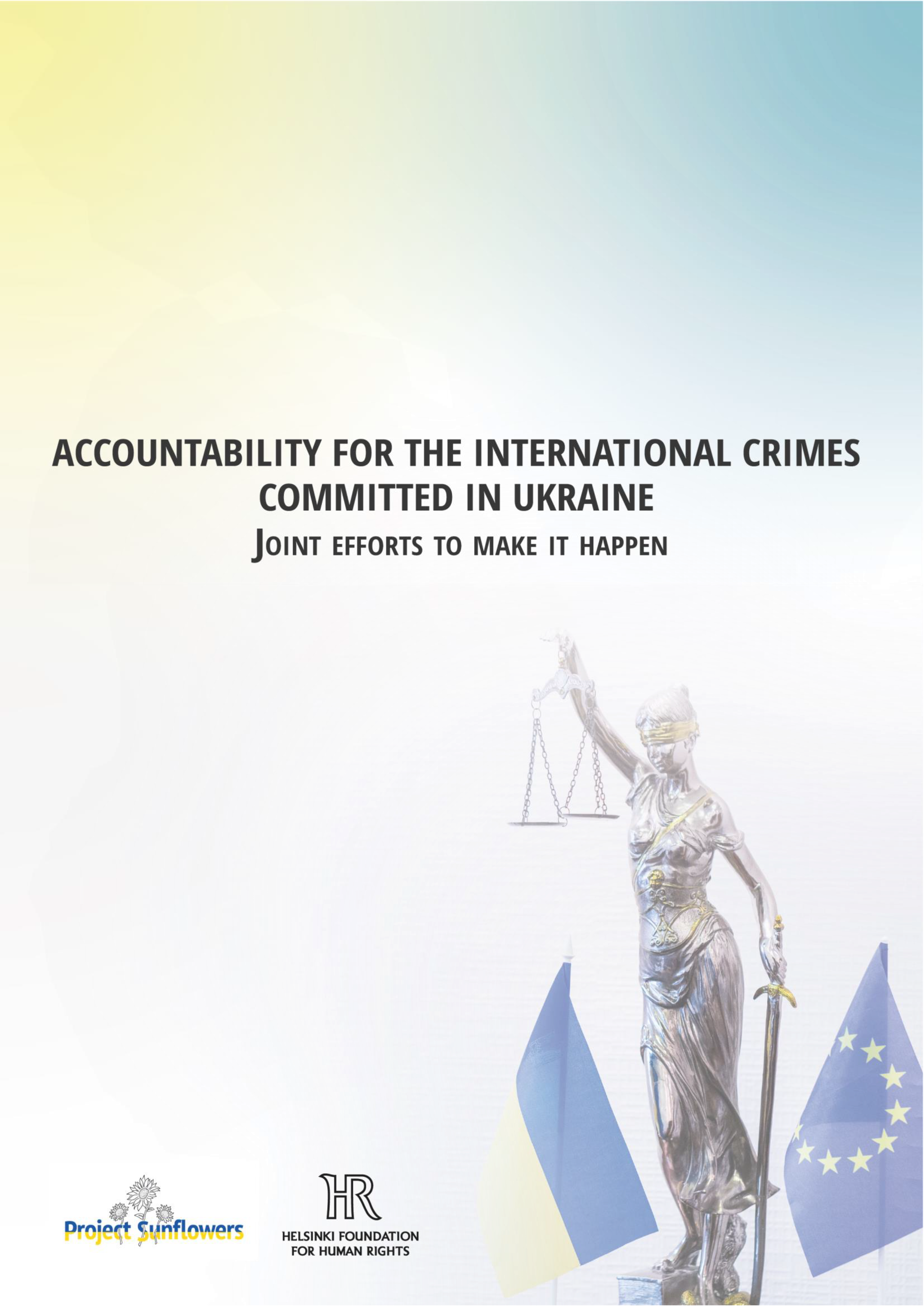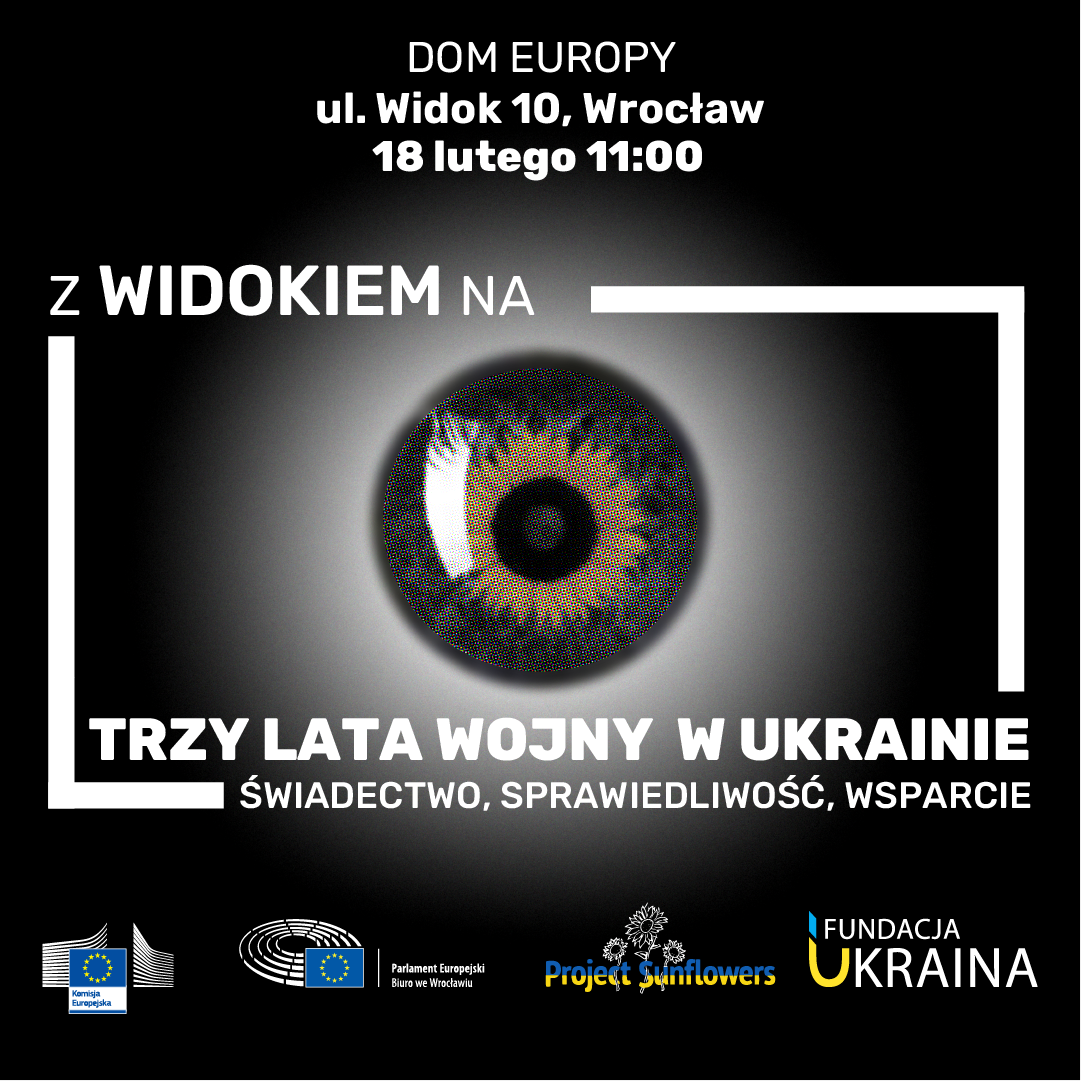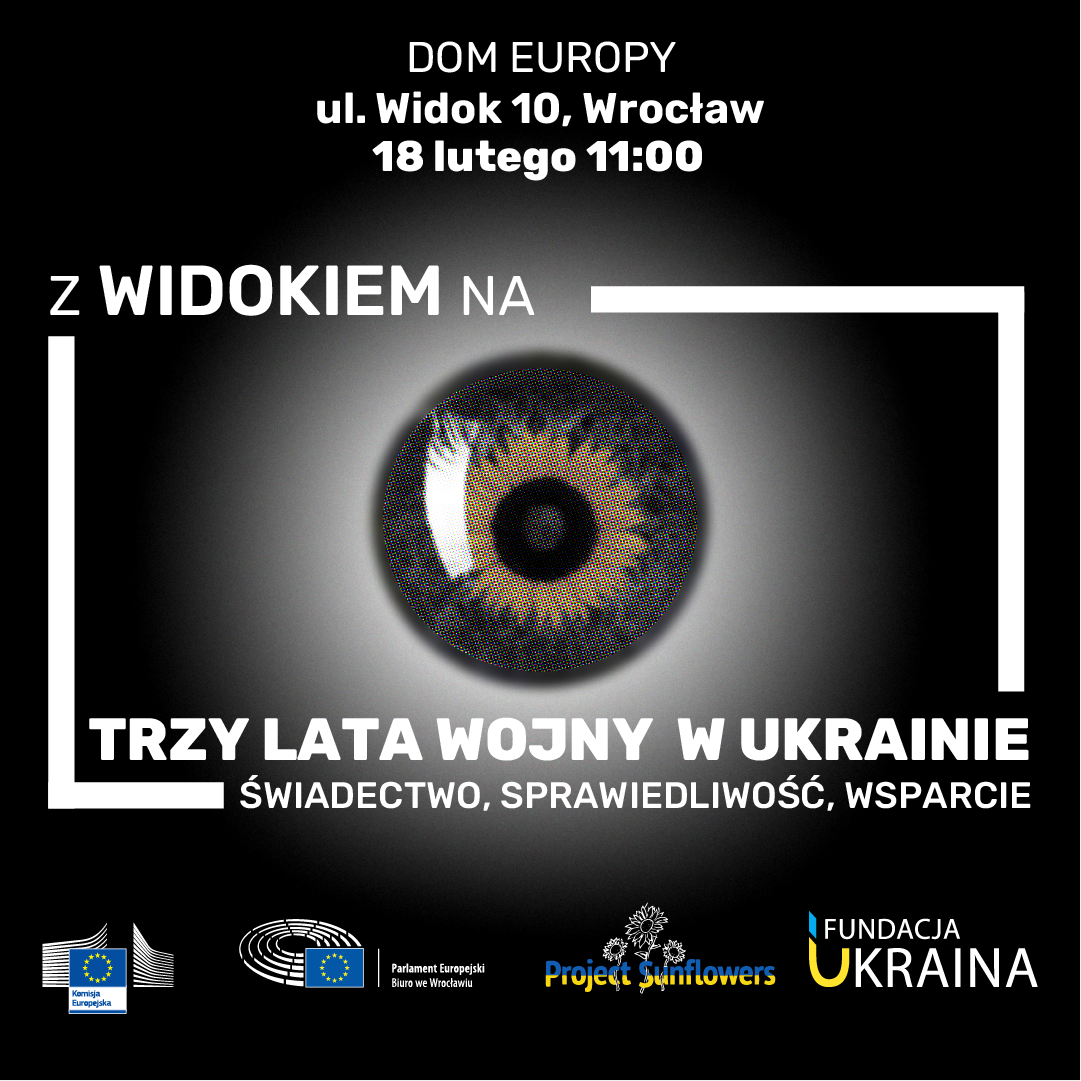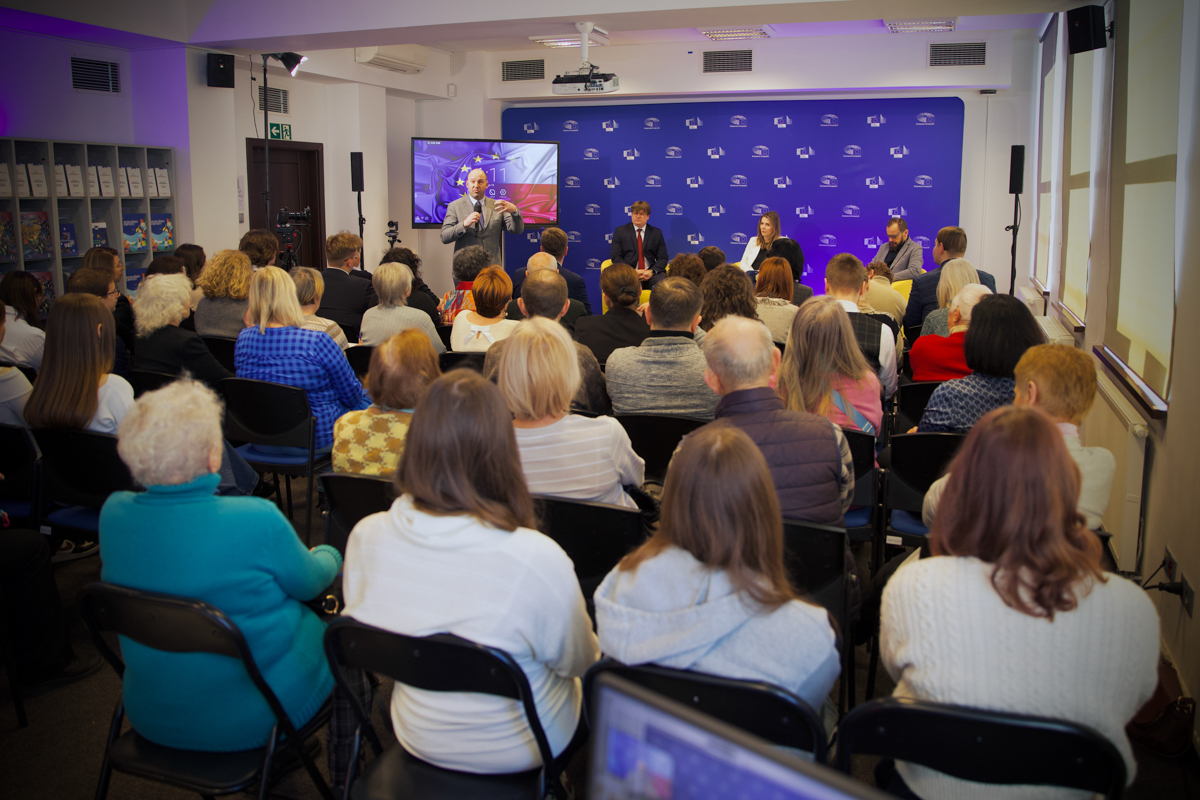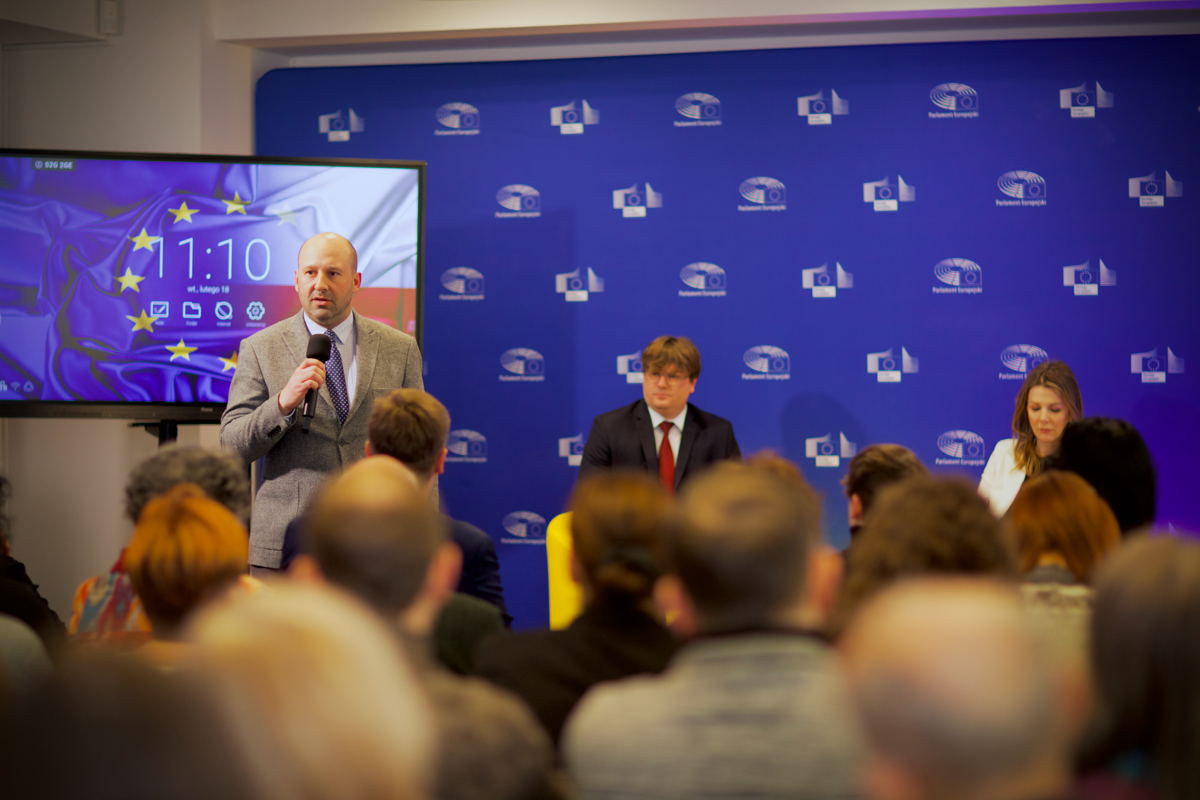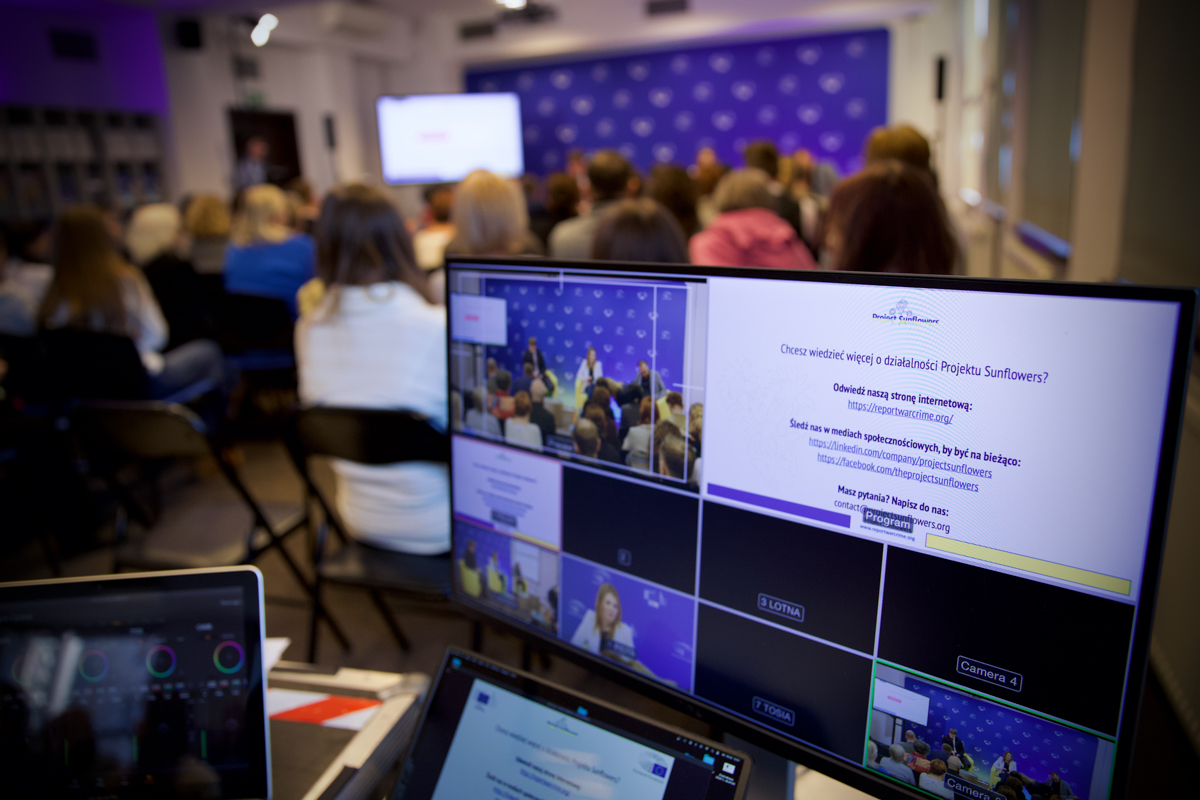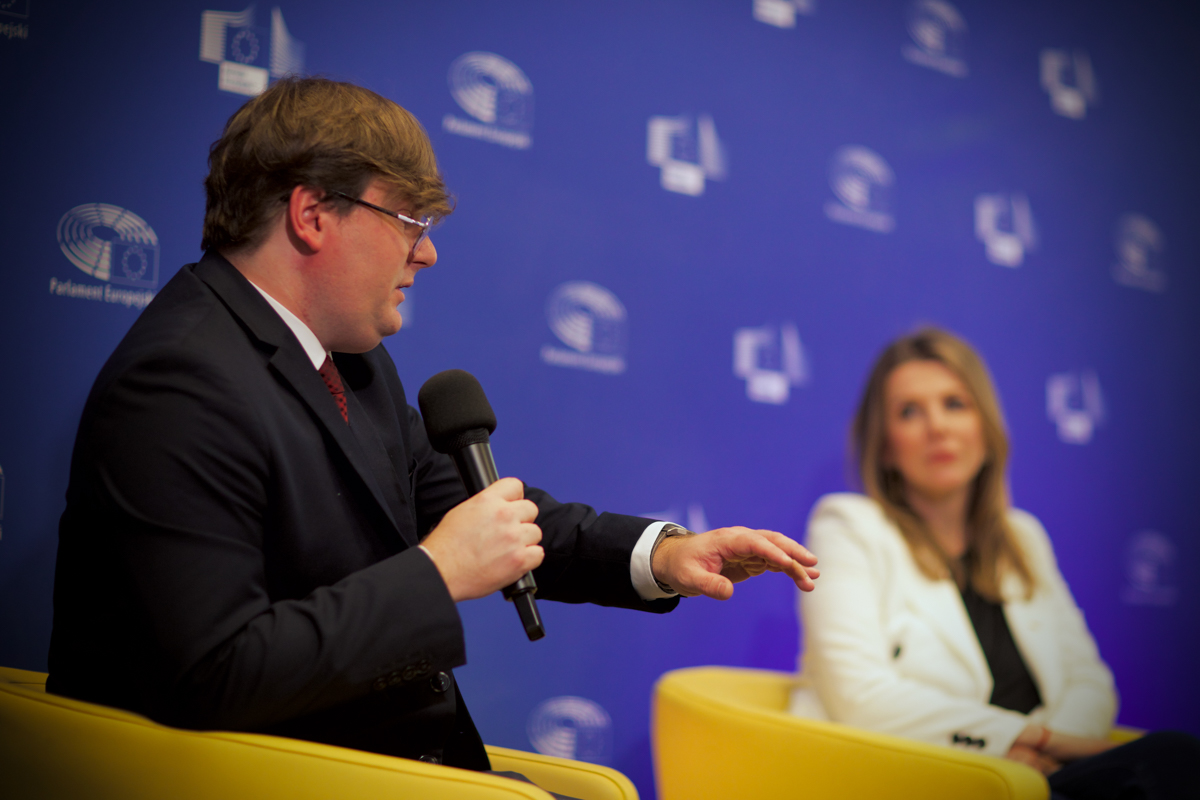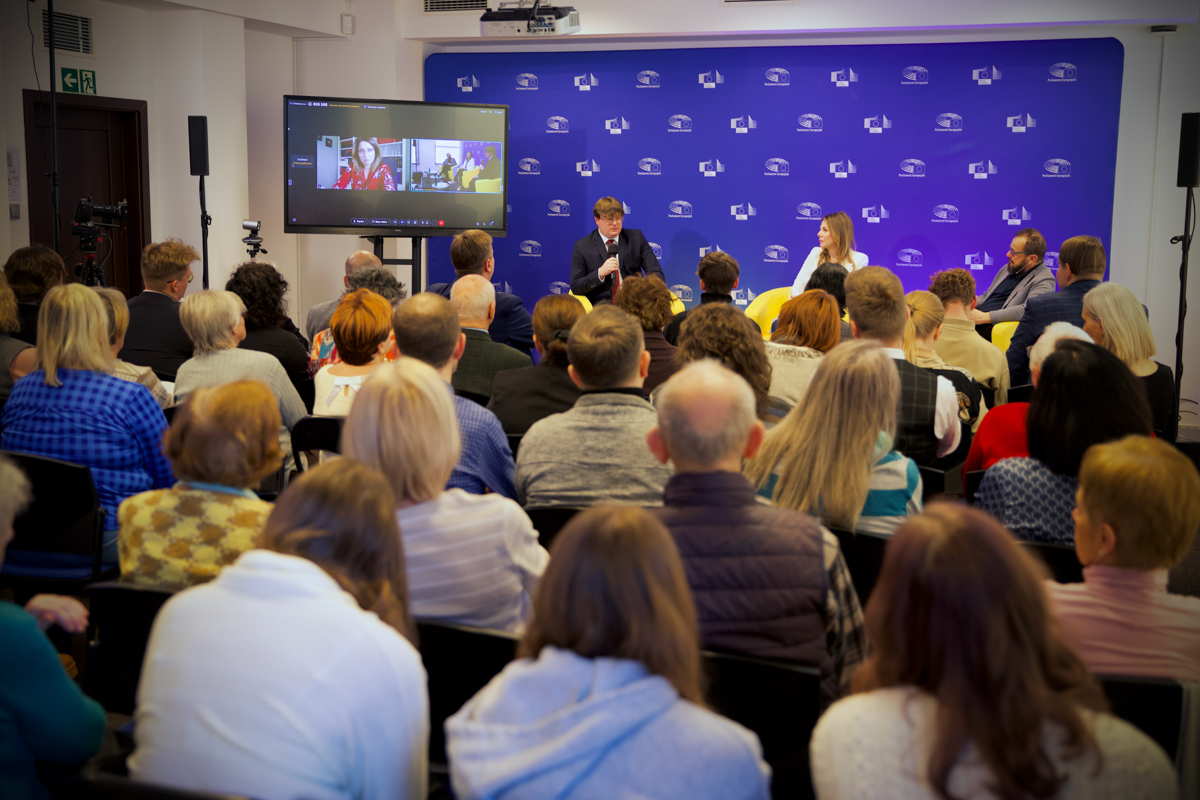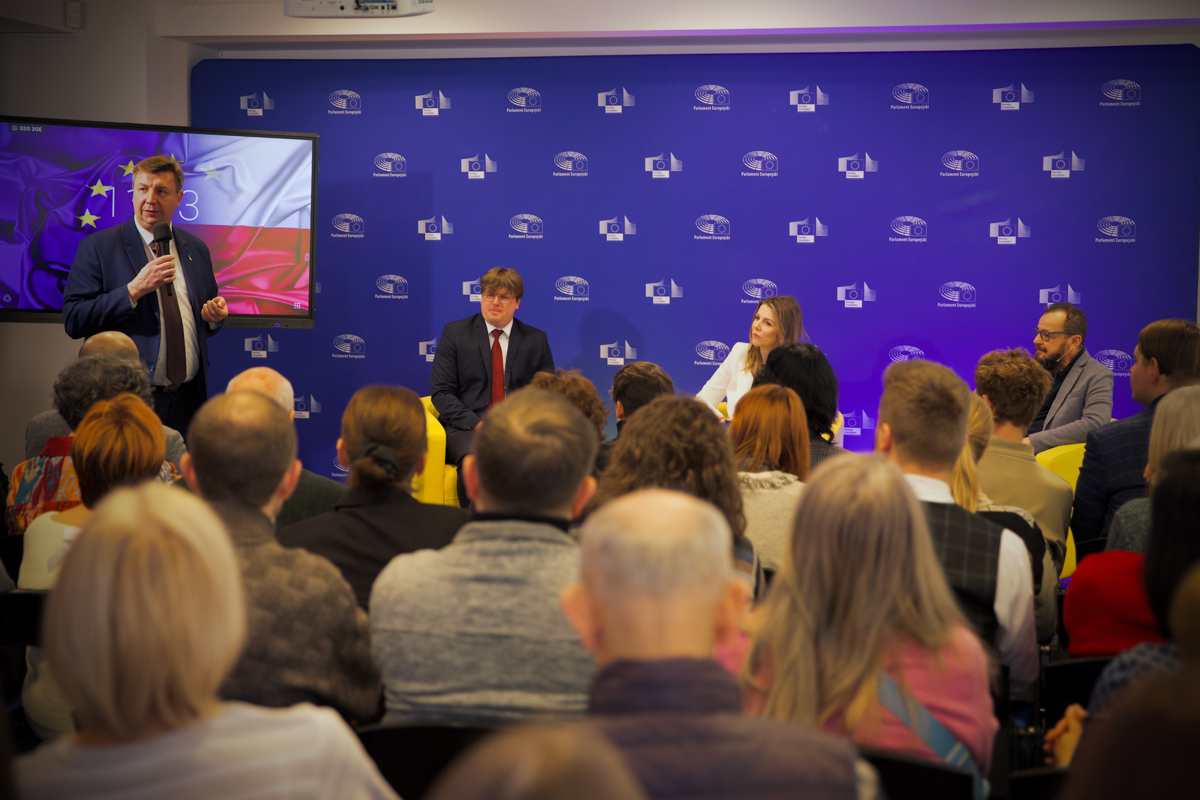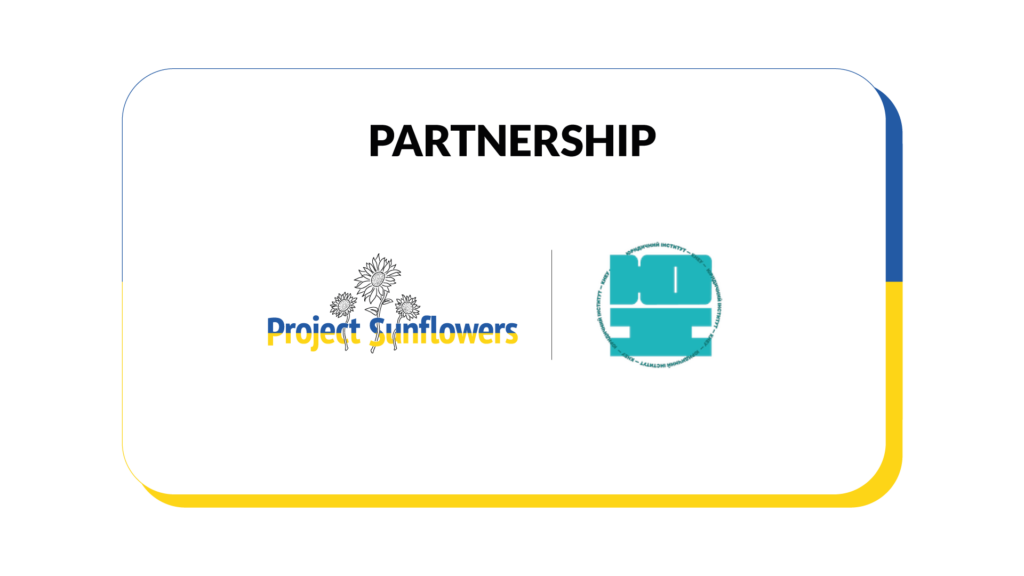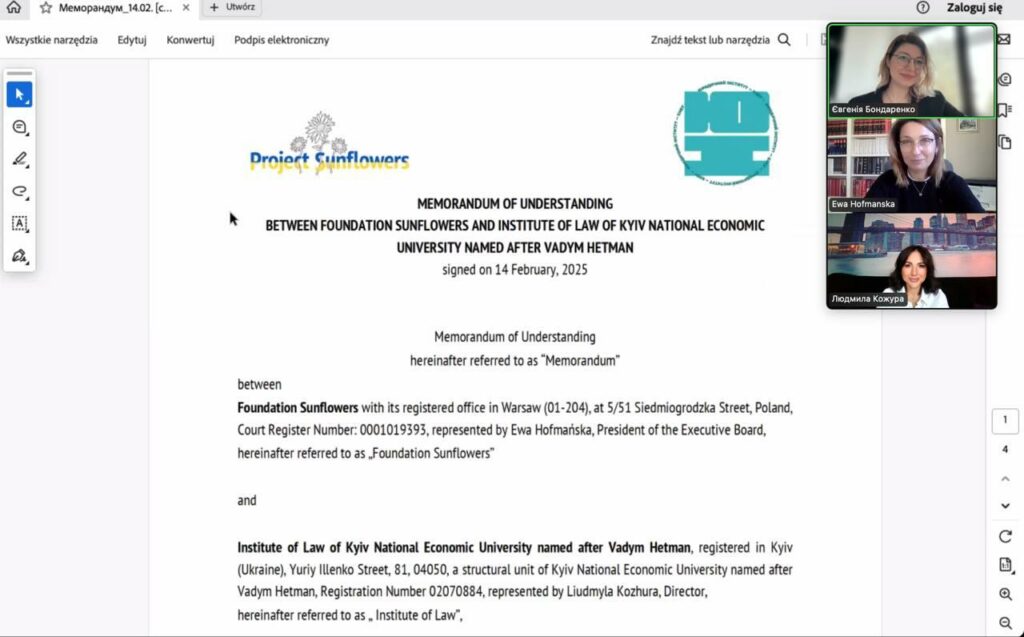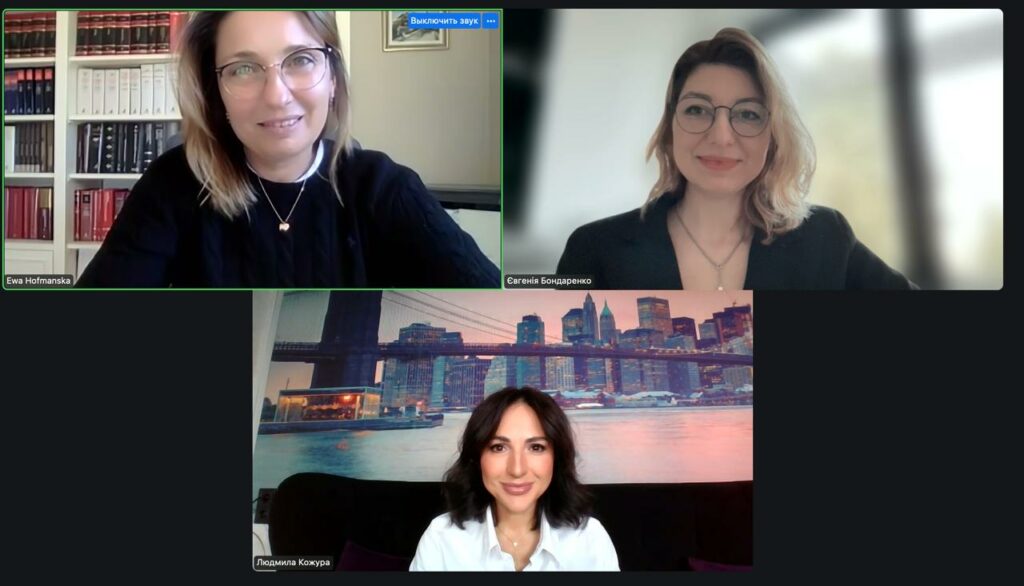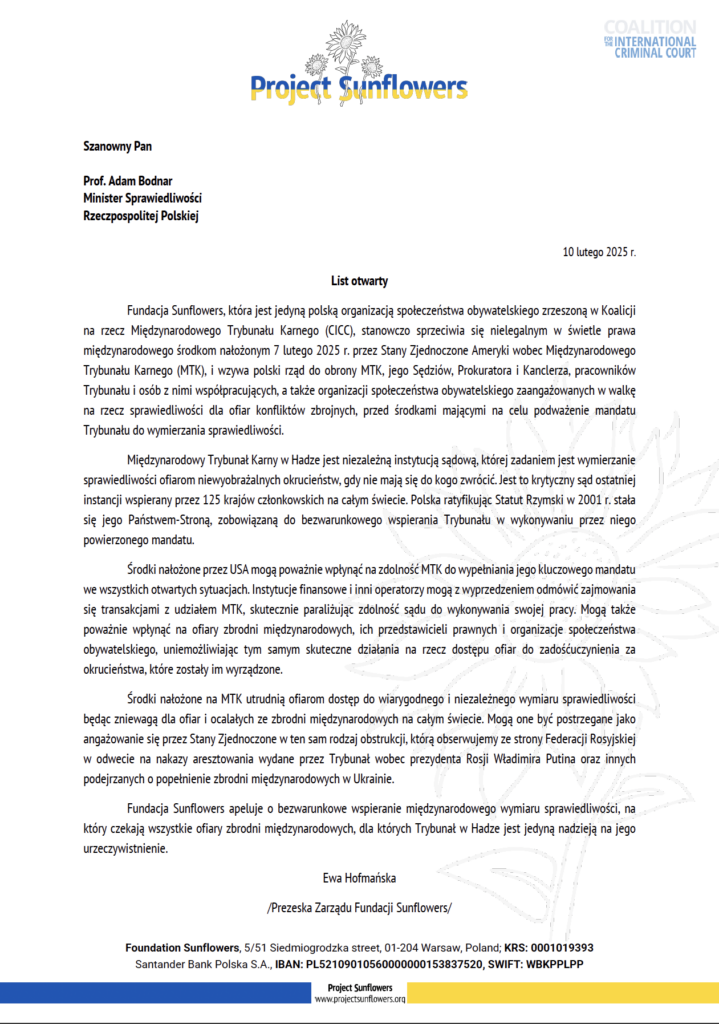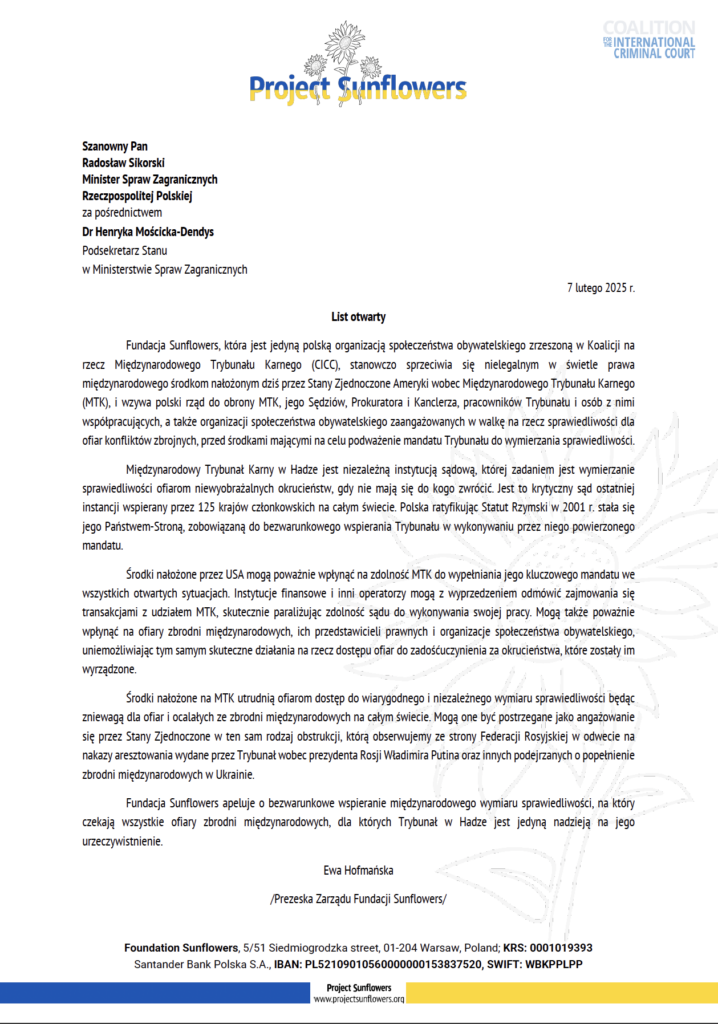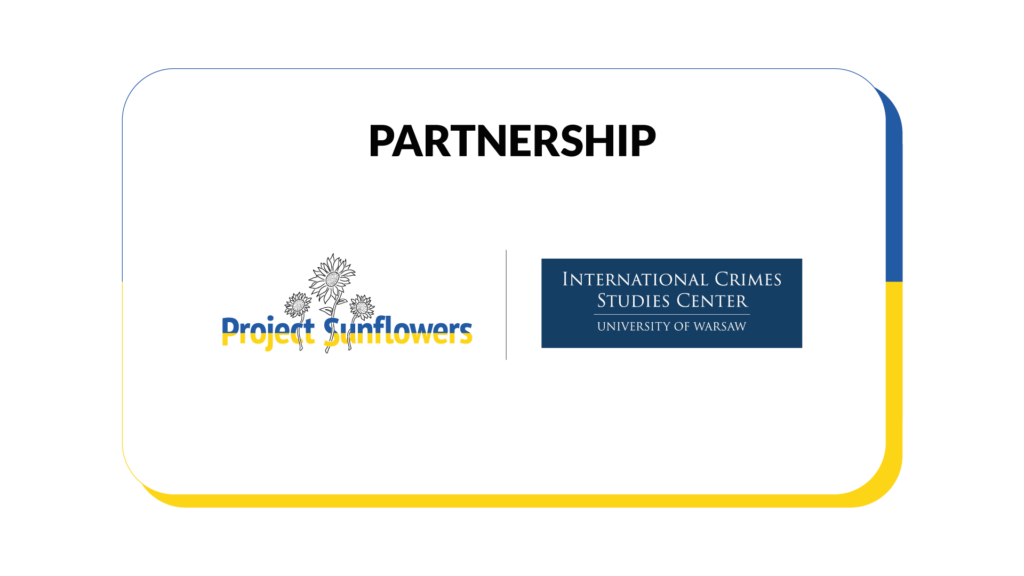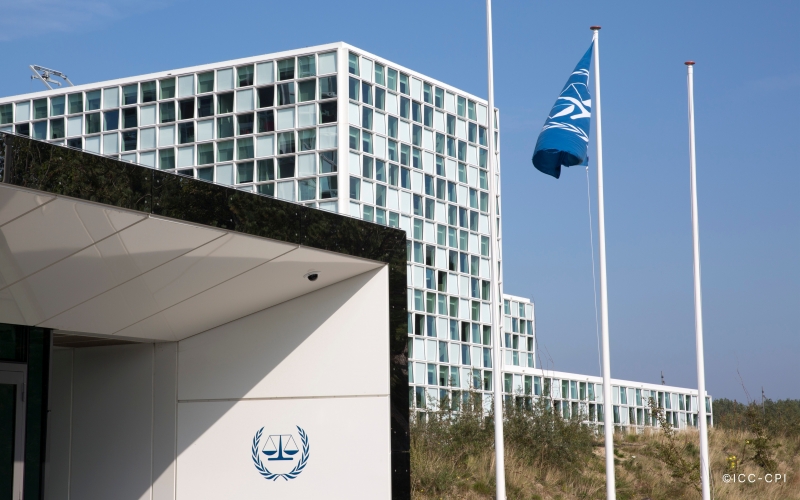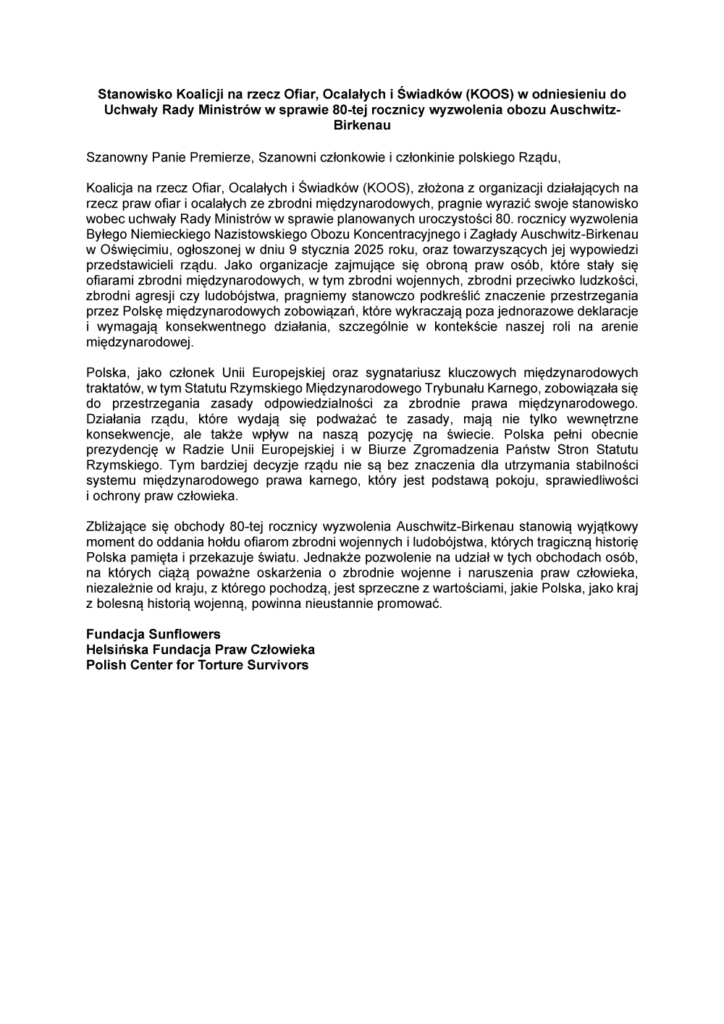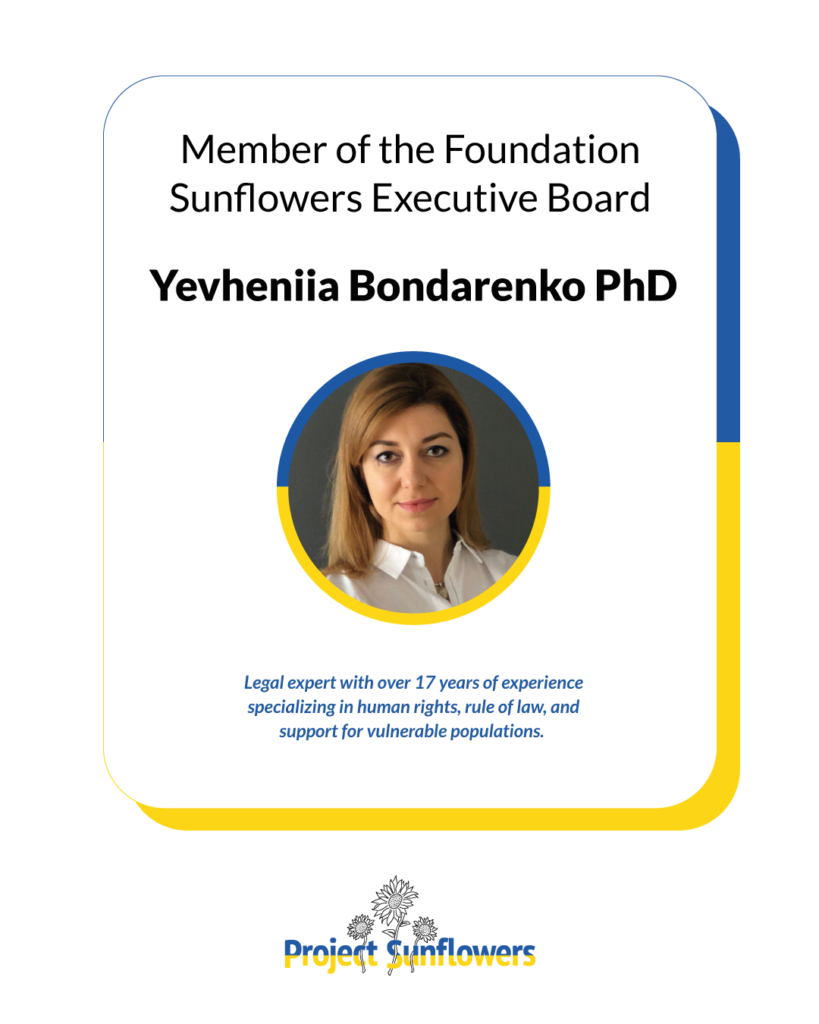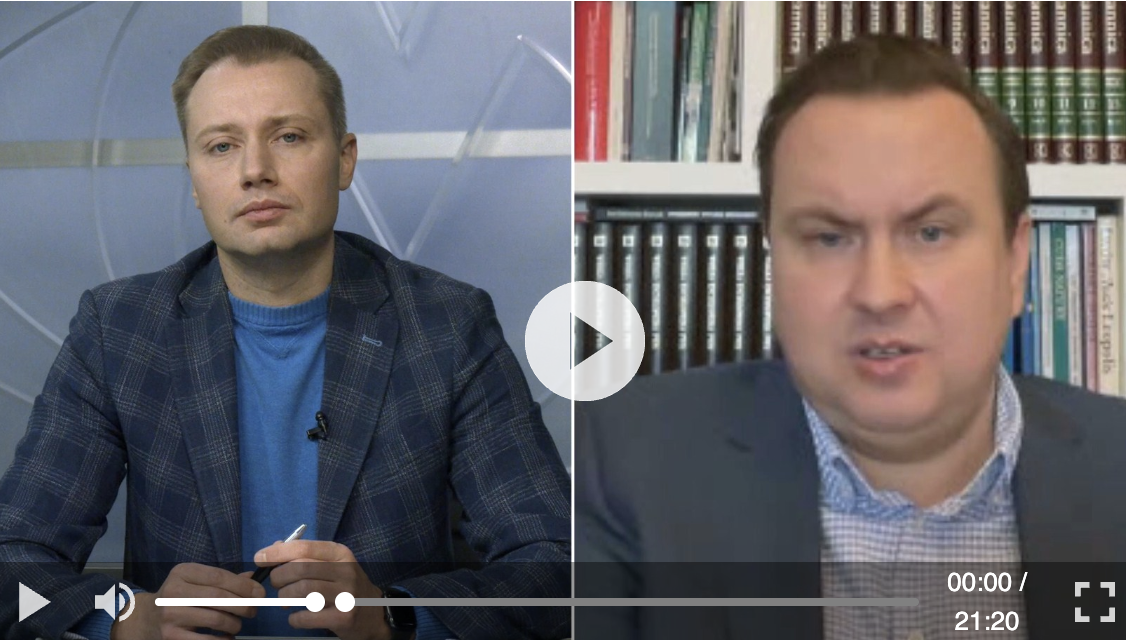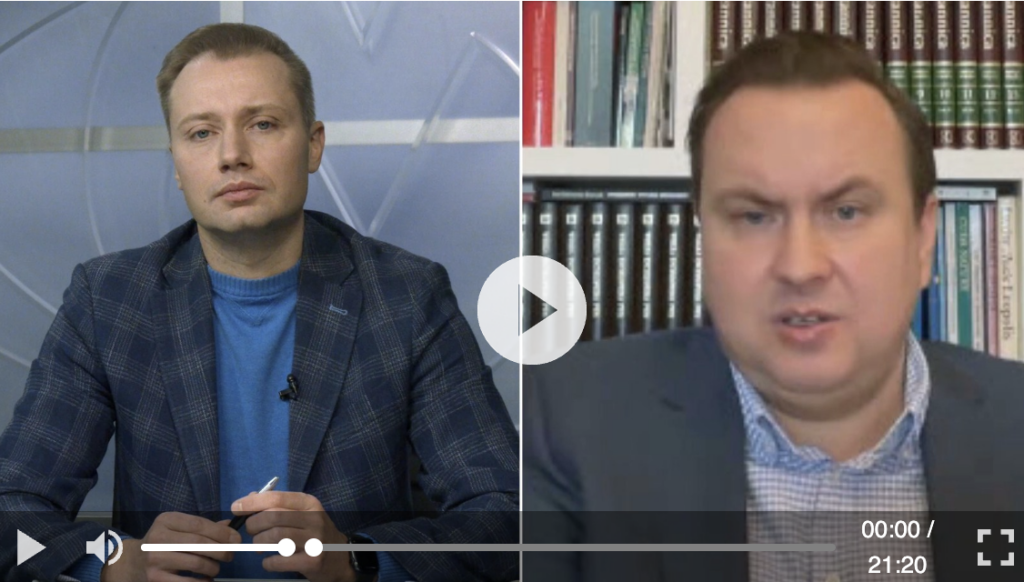Universality Of The Rome Statute. Lack of Big Players And Its Impact On The System – Lessons To Be Learned From Achievements And Failures Of 25 Years Of Global Ratification Campaign
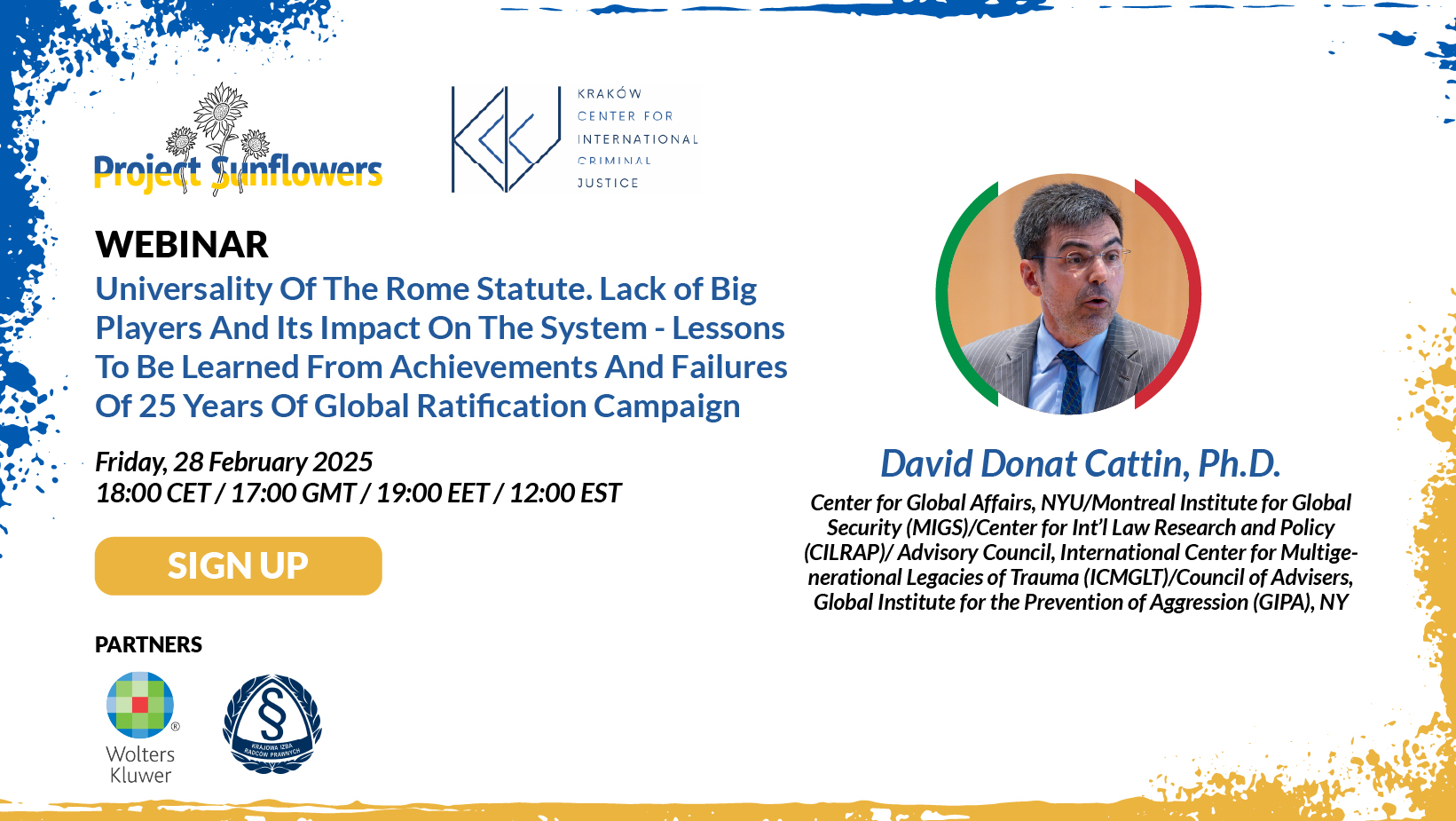
Join us, virtually, on the 28th of February 2025, Friday, at 6:00 PM CET, for the webinar entitled: “Universality Of The Rome Statute. Lack of Big Players And Its Impact On The System – Lessons To Be Learned From Achievements And Failures Of 25 Years Of Global Ratification Campaign”.
The topic will be presented by David Donat Cattin, Ph.D., who is is an Adjunct Associate Professor of International Law and Climate Change & Human Rights at the Center for Global Affairs of New York University (NYU). He is a Research Fellow at the Center for International Law Research and Policy (CILRAP) in Florence, Italy, and a Senior Fellow at the Montreal Institute for Global Security. He is a member of the advisory councils of the Global Institute for the Prevention of Aggression (GIPA) and the International Center for Multi-Generational Legacies of Trauma (ICMGLT). Dr. Donat Cattin’s academic work has been running parallel to a career in the civil society/non-profit sector, which led to his election for three consecutive terms as Secretary-General (2014–22) of Parliamentarians for Global Action (PGA), the largest international network of individual lawmakers from all regions of the world, where he had been Senior Director, Legal Advisor, and European Coordinator (2000–13). At PGA, he informed, sensitized, and helped to mobilize parliamentarians who promoted the universality and effectiveness of the Rome Statute system in more than 120 countries, contributing to the ratification process of 78 out of the current 125 States Parties to the Statute while assisting the domestic implementing legislation processes of 37 States. He recently joined the Scientific Committee of the Global Initiative Against Humanity (GIAI), a global civil society consortium for justice supported by the European Union.
Register here: https://forms.office.com/Pages/ResponsePage.aspx?id=6yYO676_0keekOvSQm286wHQx-xhTYBDoHNptVMRufpURVJPUlBSREg0U0ZQWUY1WTZRWTFQRktXMy4u
